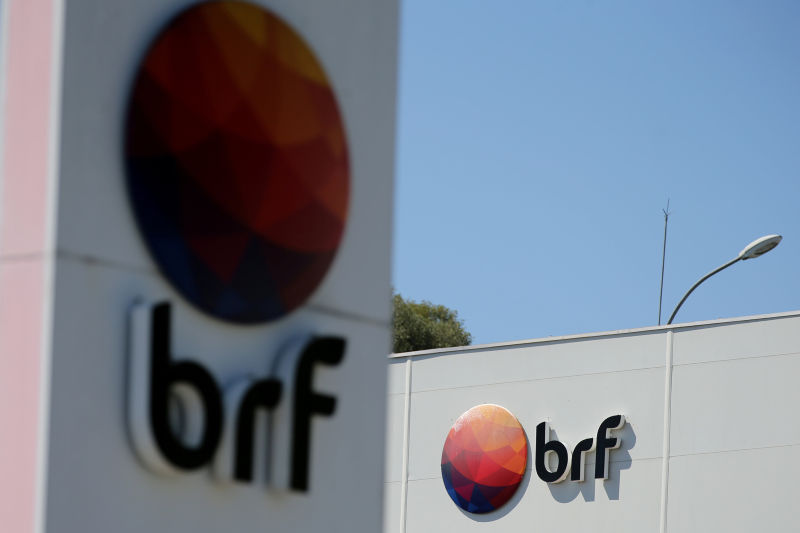Brazilian food processor BRF plans to start producing meat in China as part of an aggressive growth plan that could more than double annual net sales by 2030, executives said on Wednesday.
BRF mainly serves the Chinese market via exports but BRF is seeking local operations to sidestep supply chain issues. The company already operates processing plants in the Middle East.
“To be a much more relevant player in China we need to increase local production,” Patricio Rohner, BRF’s vice-president of international markets, told reporters after the presentation.
He said BRF – one of the world’s largest food companies – already operates in China through local partnerships in sales and distribution.
In September, China banned Brazilian beef exports due to two cases of mad cow disease. Until then, China had purchased 596,122 tonnes of Brazilian beef, according to the foreign trade secretariat. In August, China had imported more than 100,000 tonnes in a month for the first time.
Own Factories Preferred
São Paulo-based BRF does not rule out acquisitions in China, but Rohner prefers building the company’s own factory there. “When you buy a rival, a local producer, they don’t have the portfolio that the younger consumers need.”
Although higher input prices pushed back plans to double operating profits by a year, CEO Lorival Luz said immense cost pressure would not prevent the company from reaching net revenue of 65 billion reais ($11.65 billion) by 2024 and 100 billion reais by 2030.
He sees input prices falling in 2022 after corn, soymeal and packaging more than doubled in 2021. “The team knows how to operate in the face of adversities,” Luz said.
Other “avenues of growth” include investing to produce cultured meats, plant-based and pet products, the latter being a segment where the company made two acquisitions this year.
- Reuters with additional editing by George Russell
SEE MORE:
China Grabs French and Canadian Barley as Pig Herd Grows Again
China Slowdown to Hit Brazil, Chile, Saudi and APAC: Natixis
Singapore’s Shopee Changes The Game in Brazil’s E-Commerce Sector
























